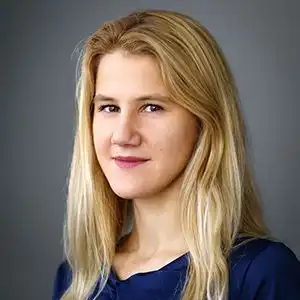Home>Elusive Adaptability: Feedback Mechanisms in Military AI and International Humanitarian Law
20.03.2025
Elusive Adaptability: Feedback Mechanisms in Military AI and International Humanitarian Law
About this event
20 March 2025 from 14:45 until 15:45
Salle du conseil
13 rue de l'Université, 75007, ParisOrganized by
Sciences Po Law School
The use of AI in military operations is often celebrated for its potential to “learn” and adapt to dynamic combat environments, leveraging machine-learning algorithms and feedback loops to refine predictions and recommendations. Yet, the practical realities of embedding such feedback mechanisms reveal significant disruptions to this promise of adaptability. Rather than ensuring continuous enhancement, feedback loops risk embedding biases, distorting data interpretation, and undermining system performance. Drawing on interviews with engineers and computer science literature, this presentation will interrogate the feedback loop processes accompanying implementation and updating of AI systems. Situating these findings within the broader discourse of international humanitarian law (IHL), the analysis exposes how these adaptive processes complicate adherence to fundamental IHL principles and challenge the established legal review of warfare technologies. In tracing the cyclical nature of feedback in military AI, this paper highlights how the anticipated repetition that should bring refinement instead reveals an elusive adaptability that fractures the coherence of traditional IHL norms. This work thus contributes to a more granular understanding of how AI technologies shape military decision-making and can more broadly also inform research on AI tech in other domains.
Klaudia Klonowska is a Ph.D. Candidate in International Law at the Asser Institute and the University of Amsterdam since September 2021. She studies the interactions of humans and AI-enabled decision-support systems in the military decision-making process and the relation to international humanitarian law. She is a member of the research project Designing International Law and Ethics into Military Artificial Intelligence (DILEMA). During the PhD, she has conducted expert interviews with military professionals, including in the Netherlands and the United States and concluded a research stay with the West Point Military Academy. Prior to starting the PhD, she has critically analyzed autonomous weapons with the Hague Center for Strategic Studies, watchlisting and counterterrorism activities with the Global Counter-terrorism Forum, and European Union surveillance exports with Amnesty International.
Event in person and online.
About this event
20 March 2025 from 14:45 until 15:45
Salle du conseil
13 rue de l'Université, 75007, ParisOrganized by
Sciences Po Law School